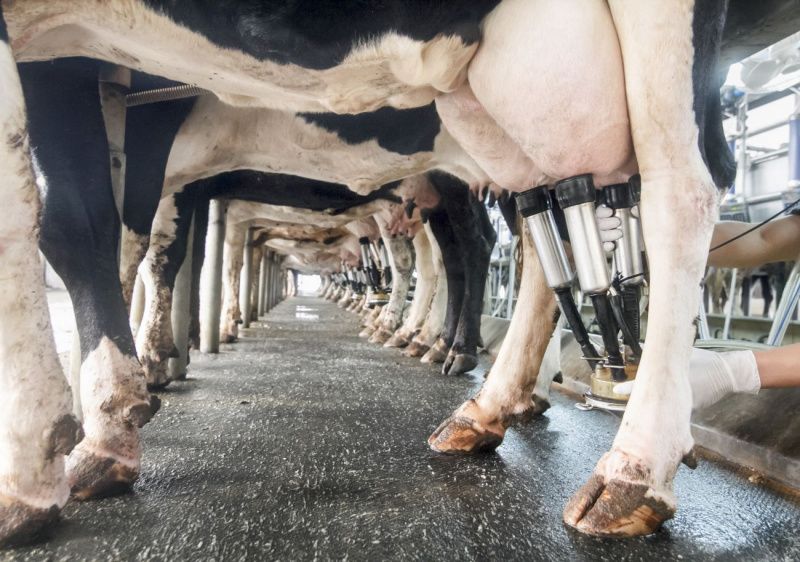Apymel: Excess Milk Supply Leading to Calls for Price Cuts
Sourse: es.edairynews.com
Argentina's small and medium dairy enterprises face a surplus in milk, prompting calls for price adjustments to rebalance the market.

The association of small and medium-sized dairy companies in Argentina, APYMEL, is raising concerns about an excess supply of milk in the local market and advocating for a reduction in milk prices to address the imbalance. APYMEL has highlighted that the current high levels of milk production, coupled with a noticeable slowdown in domestic consumption, have led to a market distortion. This surplus in supply and decrease in demand have created a sustainability challenge, particularly for smaller processing companies. APYMEL's argument centers around the notion that the high raw milk prices do not reflect the realities of the market, leading to final product prices that are inaccessible for many consumers, thus exacerbating the decline in demand.
The association's proposal involves lowering the price of raw milk at the farm gate, which they believe would improve industry profitability and stimulate consumption. However, this stance puts APYMEL at odds with milk producers who are resistant to any price reductions due to rising production costs, including inputs, energy, and labor. The producers warn that reducing the price paid by industries could jeopardize the viability of many farms, potentially leading to a decrease in production. The debate underscores the structural tensions within Argentina's dairy sector and raises critical questions about the future relationship between different segments of the dairy supply chain. As negotiations unfold, these discussions will be pivotal in deciding the short-term profitability and long-term sustainability of the industry.
The association's proposal involves lowering the price of raw milk at the farm gate, which they believe would improve industry profitability and stimulate consumption. However, this stance puts APYMEL at odds with milk producers who are resistant to any price reductions due to rising production costs, including inputs, energy, and labor. The producers warn that reducing the price paid by industries could jeopardize the viability of many farms, potentially leading to a decrease in production. The debate underscores the structural tensions within Argentina's dairy sector and raises critical questions about the future relationship between different segments of the dairy supply chain. As negotiations unfold, these discussions will be pivotal in deciding the short-term profitability and long-term sustainability of the industry.
Key News of the Week










